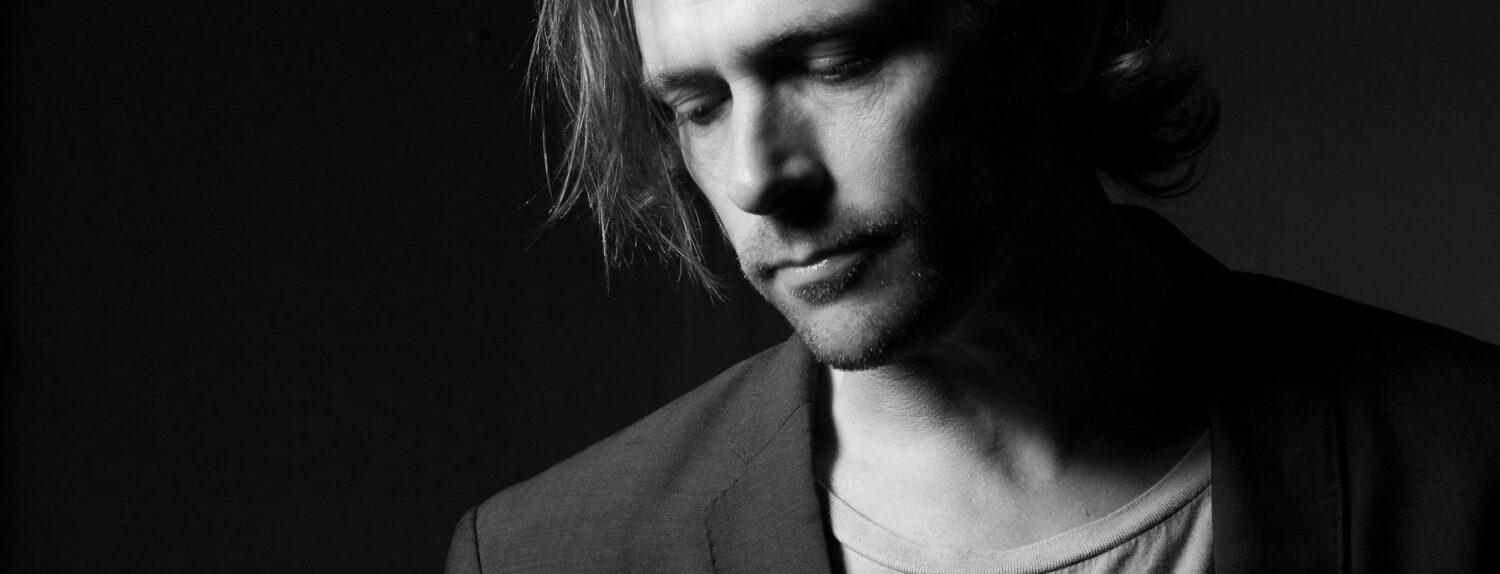“We suffer more often in imagination, then in reality” -Seneca
For years when people ask me, “do you ever get nervous at auditions?” I’ve been saying, “no. not anymore.” I used to, of course, like any beginning actor, I can feel calm at home or even in the waiting room, but as I walked into the audition room my jaw would tighten, my legs buzz, my hands shake, my tongue swell and my stomach lurch. After hundreds, maybe thousands of auditions those physical sensations have mostly faded away, I can walk in to a room and do a fairly convincing representation of a normal relaxed human being.
As I was thinking about teaching this first level improv class, Spontaneity, at the ICI, I kept thinking back to how quick I am to answer that question, “no of course not!” Who am I trying so hard to convince? When I looked a little deeper, I started to see little ways fear was holding me back from giving my full self to the work. When you put your whole heart into something, and get rejected, do you hold back a little bit the next time? Of course. Or at least most people do. A lot of fear is born from a great love that was rejected.
I found there was fear in just the planning of this improv course. Would the students respect me, or challenge me? Will I be able to earn their trust? Will I be able to inspire them? Will they compare me to other improv teachers?
Just by recognizing that there was fear in me, I was able to consider the fear of the student. And once I named my fear, and defined it, I could go about disarming it. So I started the class in a way I’ve never tried before, I asked each student to say something they’re afraid of. Even if it was something embarrassing or silly, as long as it was true. There emerged some common themes:
I’m afraid that I’ll open my mouth to speak and won’t know what to say.
I’m afraid that I may say something or reveal something personal that I don’t want to reveal.
So we used these to approach the work. Afraid you won’t have anything to say? If we set the goal to say normal obvious things, whatever happens to come to the front of the mind, and free each other of the expectation to be funny or interesting, that fear starts to subside. Afraid of revealing something personal? We make it clear that we as an audience are interested in you as a person. We want to know your perspective on the world. Because everyone is different, what is obvious to one person, can be infinitely creative to the rest of us.
Fear thrives on anonymity. By bringing it to the surface, naming it, and taking a good look at it, it starts to shrink and to melt away.
I found this TED talks about Stoicism and examining fear that says this all much better than I can 🙂
